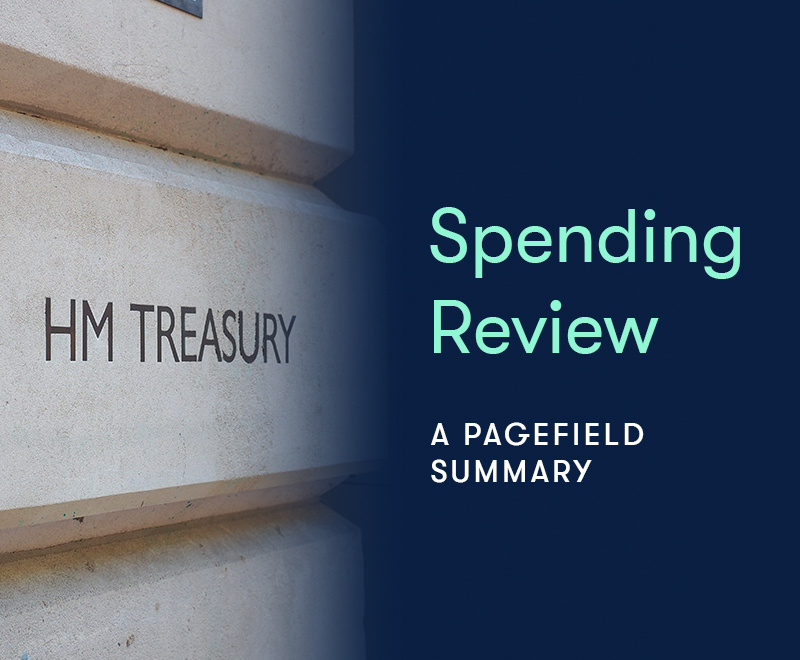In our ‘Behind the Headlines’ blog, we take a closer look at one of the week’s big news pieces, considering its significance and the response it has generated, as well as how it could further play out. This week, we look at the media reaction to the very honest and open interview by former Barclays’ CEO, Antony Jenkins, with BBC Business Editor (now Economics Editor), Kamal Ahmed.
What’s happened?
Antony Jenkins gave his first interview following his surprise sacking in the summer. Jenkins reflected on his time at the bank, his role as Chairman of Business in the Community, as well as making bold predictions about the future of the sector. The interview instantly made waves, with numerous other outlets reporting on it within the hour.
Why is it important?
It’s unusual for a former CEO to come out so soon and discuss his departure, especially one in such circumstances. Additionally with the company in question an iconic British brand in a contentious sector, the interview was always bound to attract attention. While it plays to Jenkins’ ‘open and honest’ personality that was apparent throughout his time at the bank, there could be another side to it which the former CEO – as a canny and natural media performer – would have been well aware of: reputation management. There is a sense in the interview that Jenkins is trying to re-balance and regain control of the story of his dismissal, protecting his reputation by highlighting some of the positives from his tenure. By weaving in messages around business ethics (prompted by his role as Chairman of Business in the Community) and future-gazing about the industry, he has provided an element of ‘cover’ for what he must have known would be the stand-out angle, that his dismissal was a “surprise” and that his record was better than the sacking would suggest.
What’s the reaction been?
The original BBC article, bound by the corporation’s impartiality guidelines, was relatively dry and light on analysis. Other papers and correspondents however, have been far more forthright with their views. Tim Wallace at the Telegraph focussed on bringing out the ‘drama’ of the event, highlighting that he was “fired over the phone” (not mentioned in the original BBC article). Julia Kollewe at the Guardian focussed on the ‘battle’ over the direction of the bank, mentioning the sale of Barclays’ Italian operations and including a quote from new CEO, Jes Stanley, about the bank’s new strategy. Ben Moshinsky at Business Insider picked out quotes not mentioned elsewhere, where Jenkins suggested the animosity faced by the industry was “not a PR problem” as he found some of his industry colleagues suggested, but perhaps more of a behavioural issue.
Best headline?
Nearly all the headlines from national papers focussed on Jenkins ‘surprise’ at being sacked. The Evening Standard, however –coming later to the party – tried to refresh the story by focussing on another comment by the ex-CEO: “Barclays ex-boss Antony Jenkins: Britain is set to lose half bank branches”.
What’s next?
A cynic might say that the interview was Jenkins’ attempt to put himself back on the job market and his emphasis on the potential of technology in the finance sector suggests he could even be angling for a role in the emerging FinTech sector. His firm defence of his record has the subtext that his sacking was perhaps unjustified. This alone has already opened him to criticism, with Ben Chu, the Independent’s Deputy Business Editor questioning some of Jenkins’ claims on Twitter. Chu, countering Jenkins’ assertion that the capital position of the bank was “immeasurably better” when he left than when he began, pointed out that it was in fact ‘measurable’, rising from 8.2% to 11.1% during the former CEO’s tenure, going on to say that “if a bank CEO can’t measure his firm’s capital ratio (rather important) it’s no wonder he gets sacked.”
Picture credit: BBC
Looking for a trusted public affairs agency? Our team helps with crisis communications to help manage any situation. Contact us today to learn more about how we can help!


